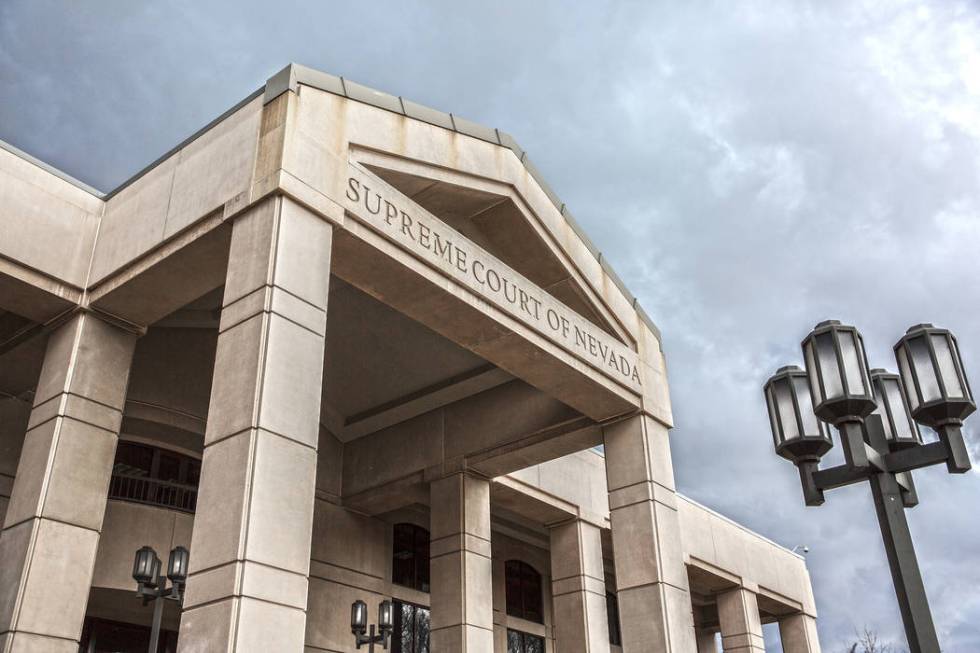Nevada high court considers fees for Las Vegas shooting records

The Metropolitan Police Department wants to collect hundreds of thousands of dollars from media outlets for electronic records related to the Route 91 Harvest festival massacre.
But a lawyer for the Las Vegas Review-Journal and other news organizations asked the Nevada Supreme Court on Tuesday to throw out the department’s request for “extraordinary use” fees.
In March 2018, a lower court judge ruled that Metro could not charge exorbitant fees to media outlets for records related to the mass shooting that occurred on Oct. 1, 2017. The department appealed that decision.
The Review-Journal’s lawyer, Maggie McLetchie, said Tuesday that Metro produced records via emailed “cattle call alerts” to various outlets, rather than responding to individual public records requests.
Early last year, Clark County Sheriff Joe Lombardo said responding to requests for records such as evidence logs, interview reports and body camera footage would be costly and time consuming. McLetchie referred to it in court papers as a “self-created burden.”
One of Metro’s lawyers, Jackie Nichols, told the high court on Tuesday that the department offered to allow media outlets to inspect the footage at police headquarters. However, she added, as many as 9,000 hours were spent accumulating upward of $1 million in costs delivering body camera footage that had to be blurred and muted in order to protect the identity of victims.
Nichols said the redaction of body camera footage “required a special system” from officers who would have been assigned to other duties.
“That’s where a majority of this work comes in,” Nichols said. “That is the purpose of seeking the extraordinary cost.”
McLetchie argued that the department never provided what’s known as a “privilege log,” a list that describes records that were withheld. Without such a list, McLetchie said, reporters cannot know whether any footage or other records have not been released.
“It is our view that there are still issues with what was redacted and why,” McLetchie said.
The Review-Journal’s general counsel, Benjamin Lipman, said the news organization doesn’t get enough cooperation on public records requests.
“We wish more government entities were willing to work with us to ensure public access to public records rather than dragging cases endlessly through the courts,” Lipman said. “But, we are always gratified by the attention paid by our Supreme Court justices when these issues come before them, and we look forward to the court’s decision.”
Contact David Ferrara at dferrara@reviewjournal.com or 702-380-1039. Find @randompoker on Twitter.